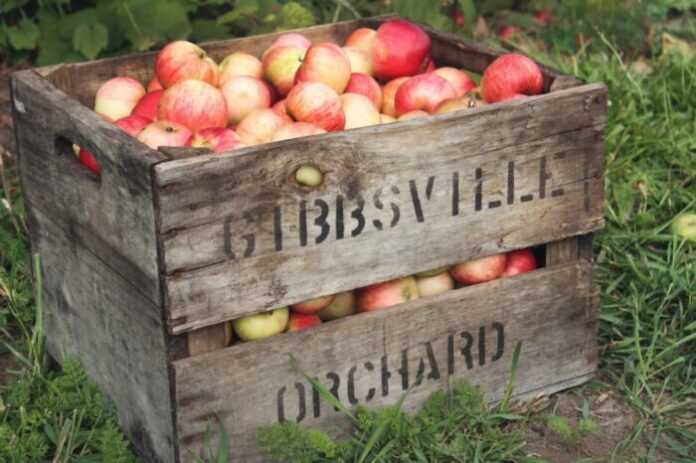
Italy offers many excellence in the recycling of materials, including a company specializing in the conversion of wooden packaging. Rilegno guarantees the recycling and recovery of wooden packaging throughout Italy and manages the supply chain that allows this natural, precious and infinitely recyclable raw material to be recovered and put back into circulation.
A supply chain based on 2,000 consortium members, 416 private collection platforms, widespread throughout the territory, 13 recycling plants, 4,541 Municipalities with agreements for a number of inhabitants exceeding 42 million.
The wood recovered from the consortium is transformed into new packaging but also into commonly used objects, furnishing accessories or games for adults and children. In 2018 the threshold of two million tons of wooden packaging was almost reached. These materials, improperly called waste, are first sent for re-use, then, once they reach the end of their life cycle, transported to the recycling plants, transforming them into new secondary raw materials to be reintroduced on the market, with obvious advantages not only for the environment. but also for the Italian economy. The recycling rate for wooden packaging is 63% (the new packaging put on the market in 2018 exceeded 3 million tons), a real record considering that the objective set by the European Union for the recycling of wooden packaging it is 30% by 2030.
“For several years now we have recorded a steady increase in the volumes of recycled wood – says Nicola Semeraro, President of Rilegno – But what I really think is important to underline is that in just over 20 years the system of recovery and recycling of wood in Italy has created a “new” economy that has produced important results both in environmental terms and in the ability to create development and employment. We have given the concept of circular economy an effective concrete application, considering that 95% of recovered wood generates new raw material or new products. A Made in Italy success story that puts us at the forefront of Europe “.
An efficient management of wood recycling that represents not only a commitment to an increasingly sustainable world, but also an economic resource, giving life to a true circular economy important for the country. In fact, recycling allows wood to embark on a new life cycle, generating new material and therefore new products.
95% of the recycled wood material is used for the creation of chipboard panels, the lifeblood for the furniture industry, and other products such as pallet blocks, wood-concrete building blocks, pulp for paper and compost.
“For the future – adds President Semeraro – the challenge, in the era of data governing business processes, can only be digital and smart. We want to think of packaging that is not limited to being a container of goods, but can act as a source of data with respect to content. For this reason, together with the University of Parma, we are developing a feasibility study for the implementation of RFID technology to support the logistics and environmental sustainability of wooden packaging”.



































